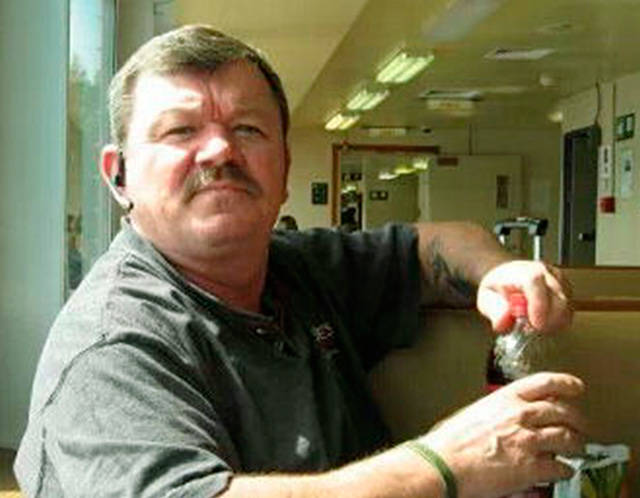SEATTLE — The final wrongful death lawsuit from the Oso mudslide can go to trial later this year, a judge has ruled.
The family of Steven Hadaway, one of 43 people killed in the slide, is suing the state of Washington and a private timber company. A ruling that King County Superior Court Judge Roger Rogoff issued Thursday will allow attorneys for Hadaway’s estate to argue most of their points in court. Among other issues, a jury could decide whether state officials made the hillside less stable by allowing the construction of a crib wall at its base years earlier. The wall was intended to help shore up the slope.
“Plaintiff has presented enough evidence from which a jury can decide whether (the) defendant state of Washington’s alleged failures to monitor, correct and warn about a potential landslide caused plaintiff’s injuries,” Rogoff wrote.
Attorneys for the other side had tried to persuade the judge to throw out the case, or at least major parts of it.
A trial is scheduled to begin in Seattle on Oct. 28. The case has been assigned to Rogoff, who has overseen the other lawsuits stemming from the disaster. If the case isn’t resolved beforehand, it would be the only Oso mudslide-related lawsuit to go to trial.
The slide struck on a Saturday morning in March 2014, destroying the Steelhead Haven neighborhood, a stretch of Highway 530 and other nearby areas.
Hadaway, a 53-year-old Marine Corps veteran from Darrington, was at work that day. He had gone to a home near the North Fork Stillaguamish River to install a satellite dish. Also killed at the home were an electrician and plumber. So was the homeowner, a nurse who recently moved in.
Hadaway’s body was the second-to-last found, two months after the catastrophe.
About two dozen other plaintiffs filed an earlier group of lawsuits. They settled with the state and Mount Vernon-based Grandy Lake Forest Associates, LLC for a combined $60 million in 2016.
Snohomish County originally was a defendant, but the judge dismissed it from the case. That decision is under appeal.
In 2017, on the eve of the statute of limitations running out, a smaller group of families sued. That included the claim filed by Hadaway’s widow, Margaret Hadaway, on behalf of his estate and his two daughters.
The other claims in that group were settled in April with the state and Grandy Lake. They were due to receive a combined $11.5 million. The settlement included other deaths, as well as people who survived the slide with injuries, psychological trauma or property loss.
Under the judge’s ruling from last week, jurors could hear evidence about the pain and suffering Hadaway experienced in the moments before his death, but not about his family’s grief or anguish.
The lawsuits have attempted to link the deadly mudslide to a 2005 timber harvest on Grandy Lake’s property. The company’s expert witnesses have opined that logging did not make the slope below more vulnerable to landslides.
Rogoff denied Grandy Lake’s motions for summary judgment. The company had argued that as a private landowner, it had no functional ability to warn visitors, such as Hadaway, about potential dangers on nearby property. Grandy Lake contends it owns none of the land where the crib wall was built in 2006.
The plaintiffs contend the crib wall and sediment ponds on state land helped make the soil wetter and added to the mudslide’s destructive power.
Noah Haglund: 425-339-3465; nhaglund @herald net.com. Twitter: @NWhaglund.
Talk to us
> Give us your news tips.
> Send us a letter to the editor.
> More Herald contact information.

























